IRGC commander: Iran successfully tests its first satellite carrier operating on solid fuel
The commander of Iran Islamic Revolution Guards Corps (IRGC)’s Aerospace Division says the country has mastered the technology of satellite carriers and has tested its first such carrier using solid fuel.
Addressing a gathering of religious scholars in the Iranian city of Qom on Thursday, Brigadier General Amir Ali Hajizadeh said, “From now on, Iran will be able to launch a great number of satellites using low-cost engines.
Elaborating on a recent test on an Iranian satellite carrier engine operating on solid fuel, Hajizadeh said, “This test has been successfully carried out for the first time” in the country.
“During the past two years, all Iranian satellite carriers, which were tested, operated on liquid fuel. But in this test, we succeeded to use solid-fuel engine with a 66-tonne thrust,” the Iranian commander said.
Hajizadeh stated that Iran’s new satellite carriers are made of non-metal and composite fuselage, which increases the rocket’s energy and leads to considerable saving in relevant costs.
In late December 2020, Iran’s Defense Ministry announced that it had successfully launched a domestically-built satellite carrier rocket named Simorgh (Phoenix), sending three research devices into space.
“In this space research mission, for the first time, three research devices were launched simultaneously at an altitude of 470 kilometers and at a speed of 7,350 meters per second,” a spokesman for the ministry, Ahmad Hosseini, said.
The United States has expressed concern that Iran’s satellite launches are part of an effort by the Islamic Republic to develop ballistic missiles capable of delivering nuclear weapons. Rejecting the US claims, Iran says its satellite launches and rocket tests do not have a military component.
Last December, condemning White House’s remarks, Iran’s Foreign Ministry spokesman Saeed Khatibzadeh stressed that scientific and research progress, including in the field of aerospace, is the Iranian nation’s inalienable right and that such meddlesome statements would not break Iranians' resolve to progress in that field.
“No resolution prevents the Islamic Republic of Iran from continuing its space program and the related experiments, including in the field of satellites-carriers, thus, citing UNSC Resolution 2231 is purely fallacious and fundamentally untrue,” he added.
“As previously stated, the Islamic Republic of Iran has the right to use peaceful technologies in the path of its scientific-research development according to international standards, and in so doing, it will not await the opinions of some countries that seek to impose their dictates,” Khatibzadeh added.

Trump's war rhetoric against Iran to impose heavy costs on US and allies: Analyst

US announces new sanctions targeting Iran’s drone program
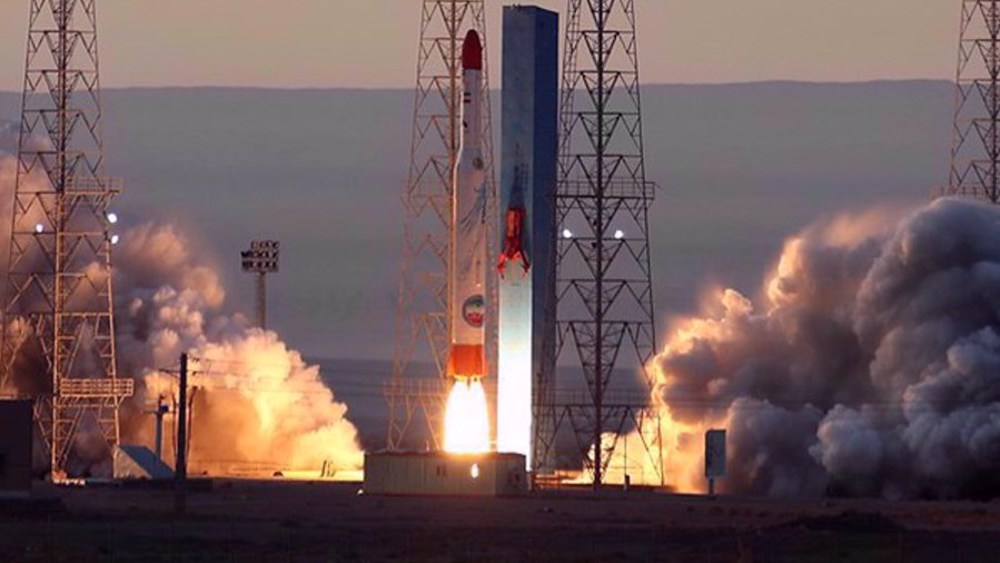
Iran to inaugurate second phase of Chabahar spaceport
Rafah 'wiped off the map' by Israel's ethnic cleansing campaign
VIDEO | Yemen accuses US of targeting civilians in Eid airstrike
Iran posts $14.6bn trade deficit for calendar year to late March
VIDEO | Ukraine: The US U-turn that knocked out Europe
US revokes all visas held by South Sudanese passport holders
Iran embassy condemns Netanyahu’s visit to Hungary, calls Israel ‘threat to world peace’
Iran will stand up to bullying: Top general outlines Leader’s reply to Trump’s letter
US rights group slams Western countries for ‘perpetrating genocide’ in Gaza


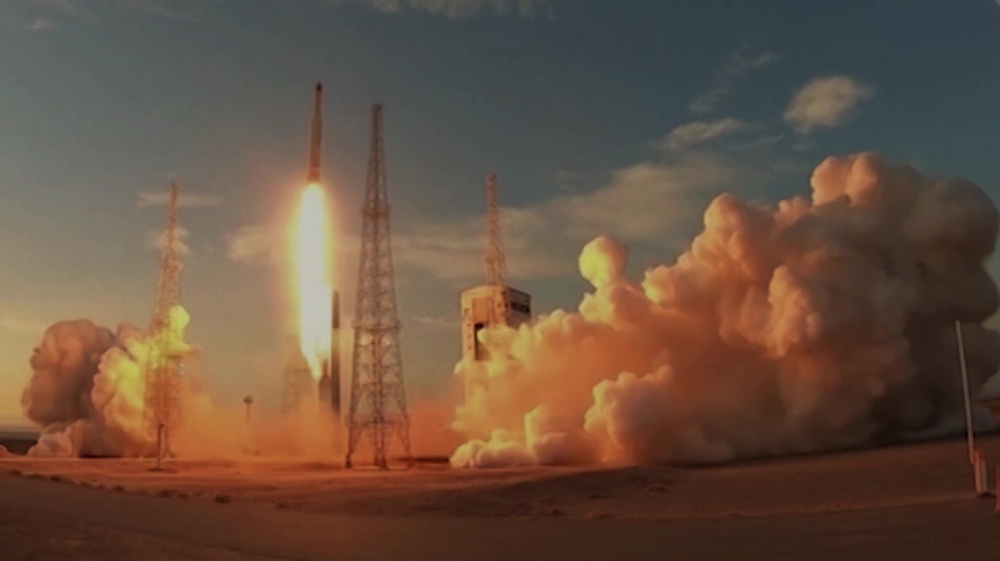
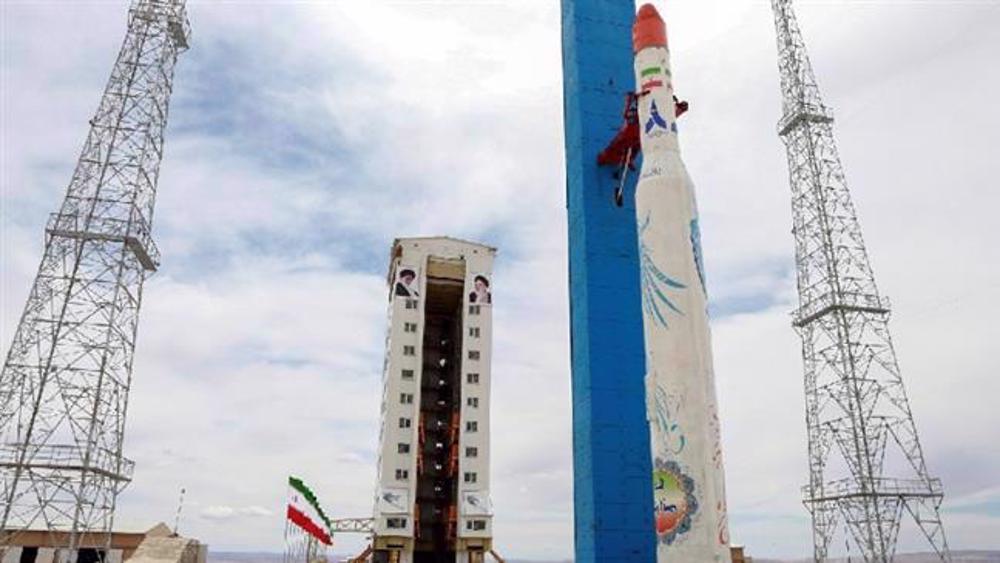
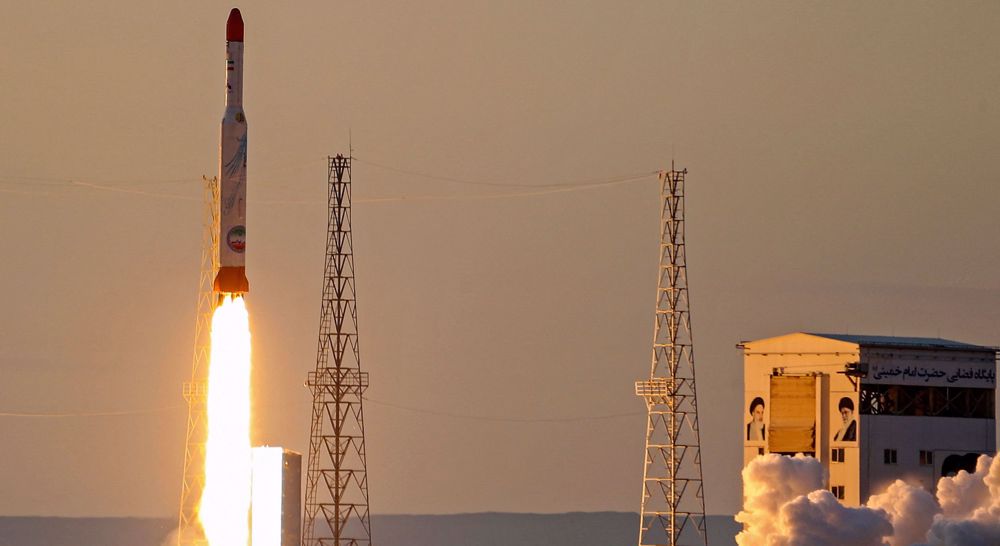



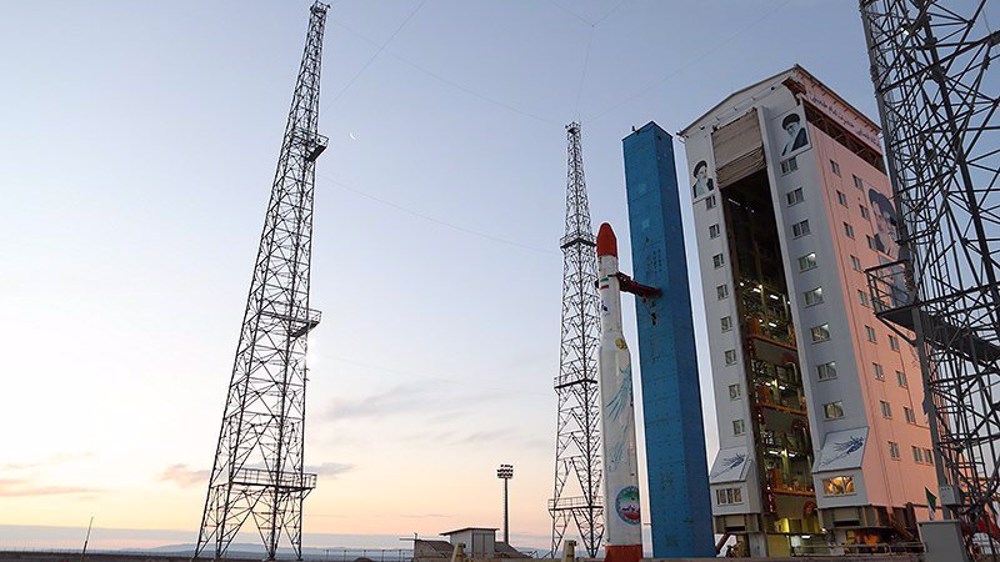
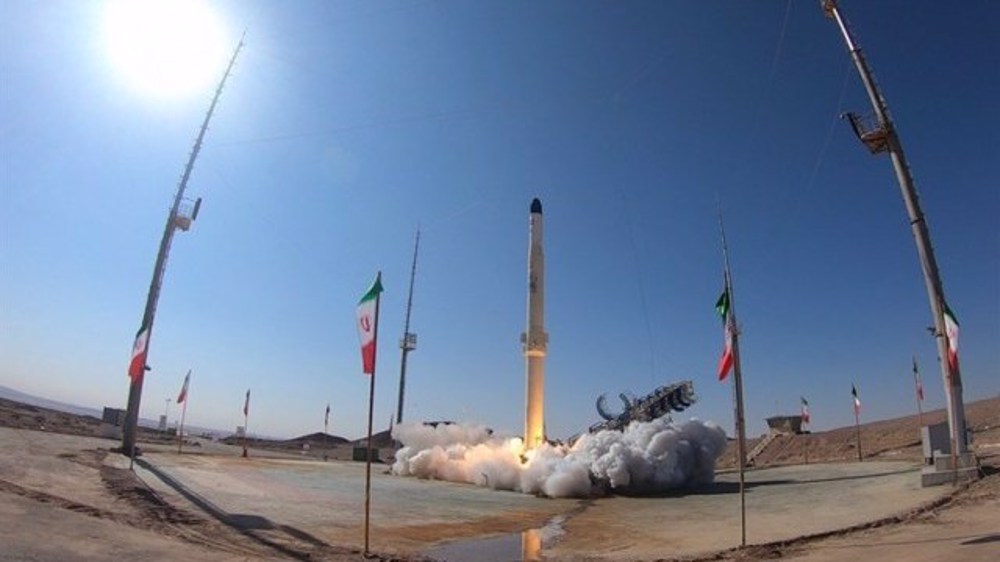
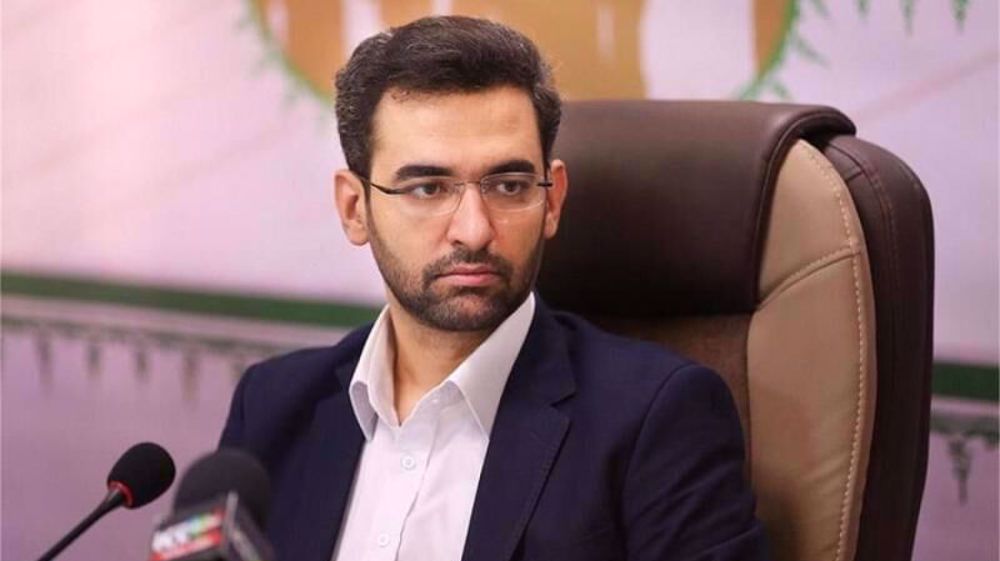
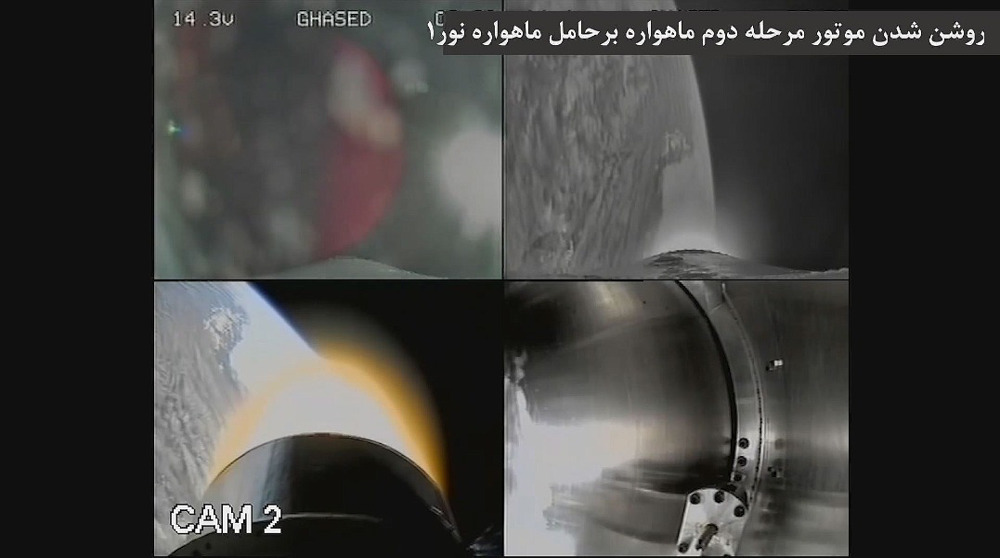

 This makes it easy to access the Press TV website
This makes it easy to access the Press TV website